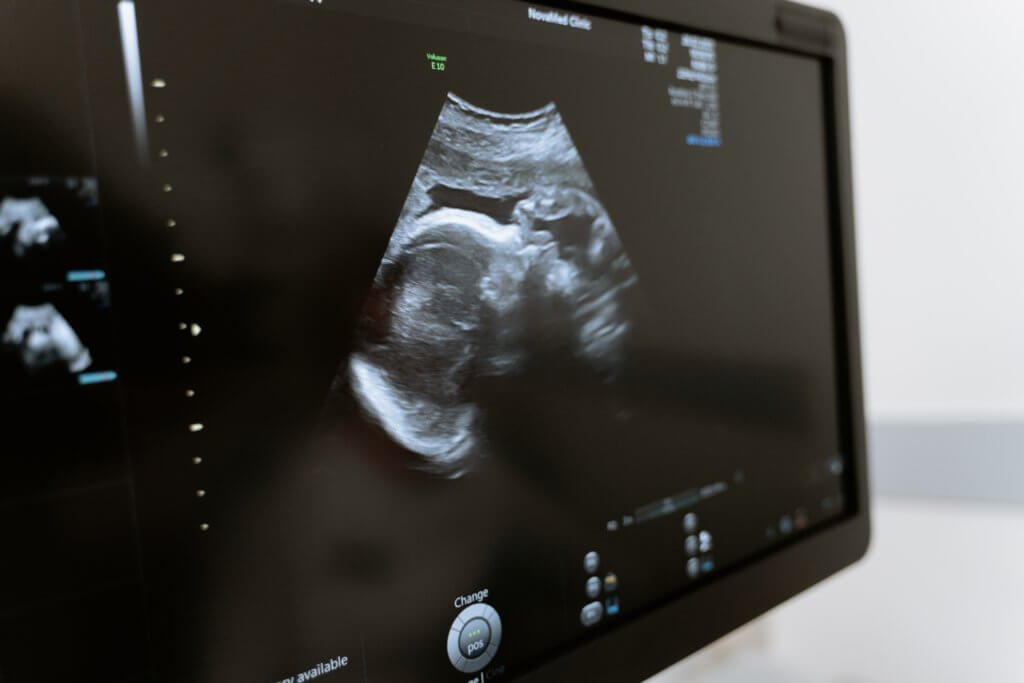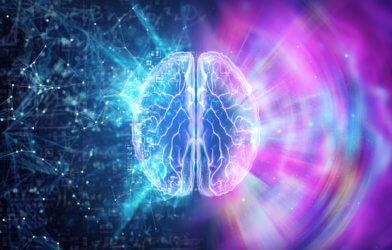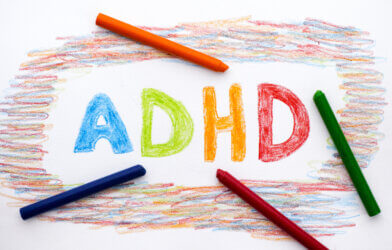It is a well-researched and established fact that the earlier in life that autism spectrum disorder (ASD) is diagnosed, and intervention begins, the more effective treatment will be. A new study reports that an ultrasound of a baby, done about midway through a pregnancy, may identify early signs of autism. Prenatal diagnosis could mean a course of treatment from birth instead of waiting until age 2 or 3 or even later.
Researchers at Ben-Gurion University of the Negev and Soroka Medical Center examined data from prenatal ultrasound scans of 659 children, performed during mid-gestation. The fetal anatomy survey identified anomalies in a variety of anatomic locations.
Of the children who were later diagnosed with autism spectrum disorder, the most common anomalies were found in the hearts, kidneys, and heads. Of these children, 30 percent had anomalies detected on prenatal ultrasound. That rate of occurrence was three times greater than in developing fetuses from the general population. It was twice the rate of anomalies found in their developing siblings who did not have ASD.
Anomalies were detected more often in females than in males. The females also had a greater incidence of multiple, co-occurring uterine fetal anomalies. The severity of the anomalies was also linked to the subsequent severity of autism spectrum disorder. Anomalies of the head were characterized as narrower heads with eyes set further apart than normal.
“Doctors can use these signs, discernable during a routine ultrasound, to evaluate the probability of the child being born with ASD,” says study co-author Prof. Idan Menashe in a statement. “Our findings suggest that certain types of autism spectrum disorder that involve other organ anomalies begin and can be detected in utero.”
The original article also notes that in a previous study of these researchers, early diagnosis and intervention was associated with 300 percent greater social ability.
This study is published in the journal Brain.
The work of these researchers at Ben-Gurion University of the Negev and Soroka Medical Center is very important. It represents an exceedingly small element of the exceedingly complex nature of autism spectrum disorder.
Additional information about ASD, intended for consumers:
- National Library of Medicine












